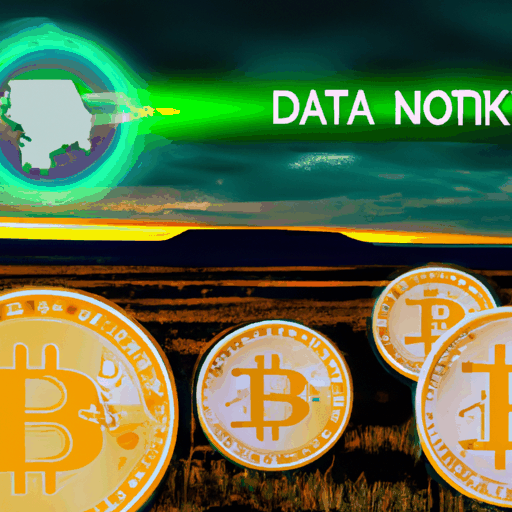
North Dakota Partners With Fiserv For State-Backed Roughrider Stablecoin
By: Eva Baxter
The state of North Dakota, in collaboration with payments company Fiserv, has announced its ambitious plans to launch a state-backed stablecoin, named Roughrider Coin. Scheduled for a 2026 release, this initiative marks North Dakota's foray into the cryptocurrency landscape with a currency fully backed by the US dollar. The Bank of North Dakota will play a central role in the development and deployment of Roughrider Coin, adding a new layer of financial innovation within the state's banking sector. This new digital currency is designed to facilitate smoother interbank transactions, streamline merchant payments, and enable efficient cross-border money movement.
The involvement of Fiserv signifies a substantial step forward, given the company's extensive experience in payment processing. In 2022 alone, Fiserv processed approximately 35 billion merchant transactions, demonstrating its capacity to handle high-volume financial operations. The Roughrider Coin is expected to operate on Fiserv's digital asset platform, which was introduced as part of their mission to offer "white-label" stablecoins to banks. This platform supports the new stablecoin's interoperability with other existing cryptocurrencies, potentially broadening its usage and acceptance.
This initiative is not isolated, as it continues a trend of state-backed financial experiments in the blockchain field. Similar ventures have been seen with Wyoming’s Frontier Stable Token, showing a growing interest by states to harness blockchain technology to revolutionize forms of stable, digital money. North Dakota’s embrace of this trend underscores a broader state-level enthusiasm towards leveraging technology for economic enhancement, providing a potential blueprint for further such projects across the United States.
Ultimately, the introduction of Roughrider Coin reveals an evolving financial landscape where traditional banking institutions and cutting-edge technology intersect. Projects like these promise to pave the way for innovative financial solutions, capable of addressing both local and international transaction demands, strengthening North Dakota's economic footprint in the digital age.



